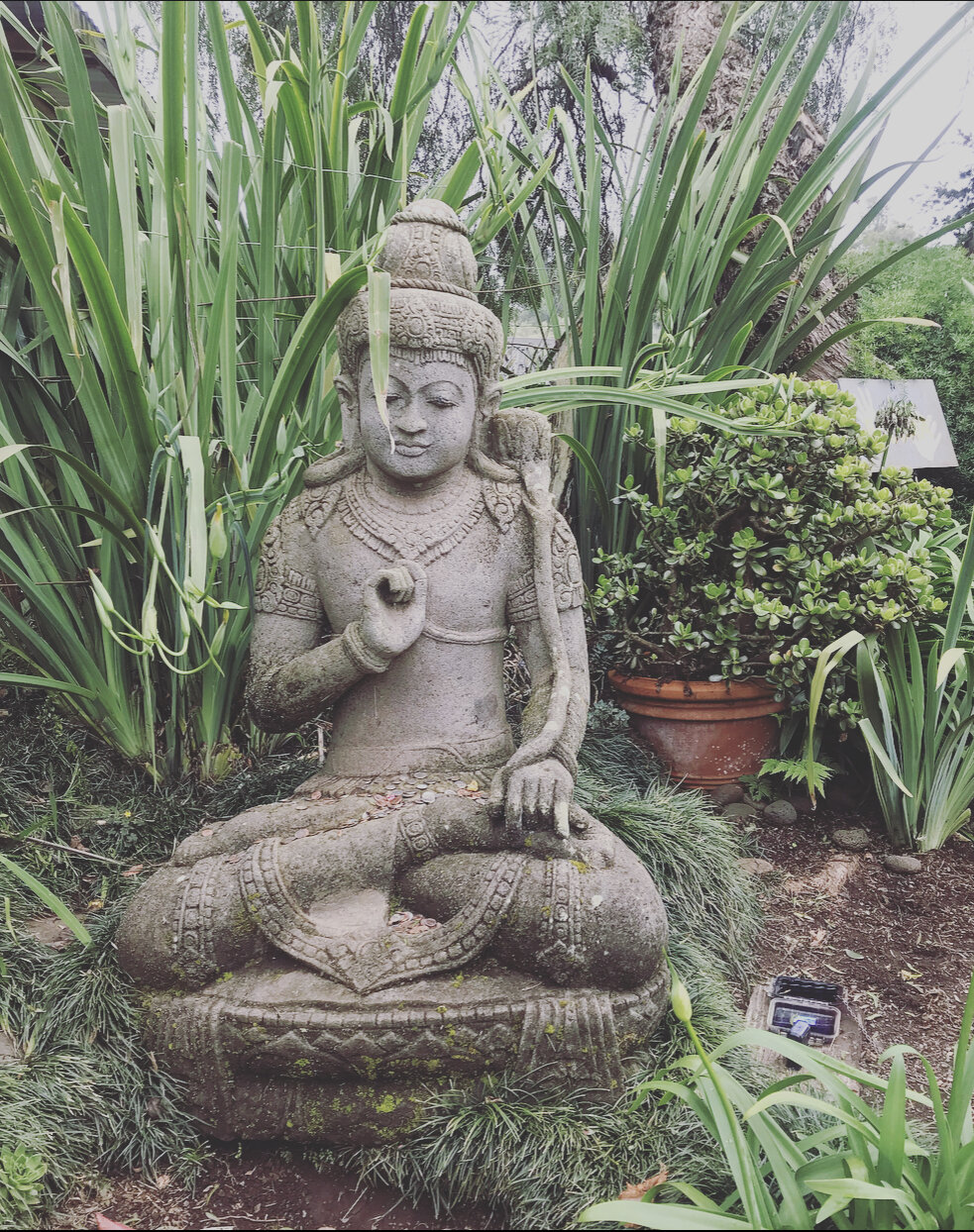What is Occupational Therapy?
Occupational Therapy (OT):
According to the American Occupational Therapy Association (AOTA), Occupational Therapy is “the only profession that helps people across the lifespan to do the things that want and need to do through the therapeutic use of daily activities (occupations).” This allows OT practitioners to enable people of all ages live life to its fullest whether that be promoting healthy lifestyle choices, preventing disease or disability, or teaching compensatory strategies to live fully with injury, illness, or disability. It is an evidence based practice deeply rooted in science.
A bit of a misnomer, “Occupations” are any kind of life activity that individuals, groups, or population engages in. These are categorized into:
Activities of Daily Living (ADLs)- activities oriented toward taking care of one’s own body such as:
bathing/showering
toileting/toilet hygiene
dressing
eating/feeding
functional mobility
hygiene and grooming
sexual activity
Instrumental Activities of Daily Living (IADLs)- activities to support daily life within the home and community that require more complex interactions such as:
care of others/pets
child rearing
communication
driving/community mobility
financial management
health/home management
meal preparation
shopping
Rest and Sleep- activities to promote restorative rest/sleep
Education- activities for learning and participating in the educational environment
Work/Volunteer
Play/Leisure Activities
Social Participation
Yes, that’s a long list. But we can help with all of it. Occupational therapy can be both really broad and very specific as we have the freedom to focus on what matters to you. A typical session with an OT will consist of an individualized evaluation to determine current functional status and your goals, customized interventions to improve your ability to participate in the above activities, and an outcomes evaluation to make sure we are still on the right track.
“Occupational Therapy practitioners ask ‘What matters to you?’ Not ‘What’s the matter with you.’”
Occupational therapy is rooted in a holistic perspective. We look at how you are interacting with your environment to complete the desired task, and adapt all three components as necessary.
When you go to the doctor, what kind of questions do they ask? Traditionally, they are just looking at physical health. When something is wrong, there is a medicine you can take, which has a side effect, which has a medicine you can take, etc. (not that there is ANYTHING wrong with taking medicine when needed, but that’s another topic).
Holistic and Integrative healthcare recognizes how influential all aspects of a person’s life are on well-being, including the mind and spirit as well as their physical body.
Both PHYSICAL and EMOTIONAL components can impact your ability to meaningfully engage in your life, such as:
pain
decreased strength/flexibility
chronic illness/injuries
anxiety/stress
poor self-regulation
decreased connection to self and others
In summary, Occupational Therapy is a unique, whole person approach with the training to look at every factor that makes up each person’s day to day life and work with them to address anything limiting their ability to participate in activities they want and need to do.
